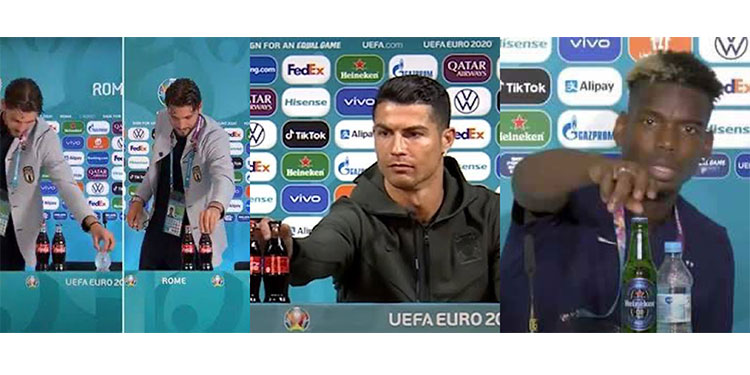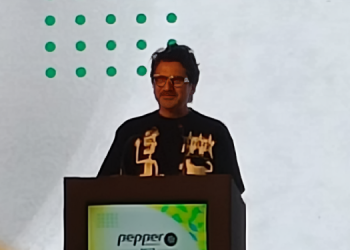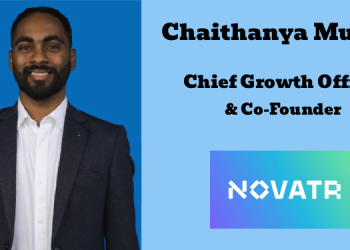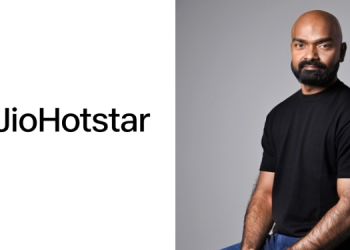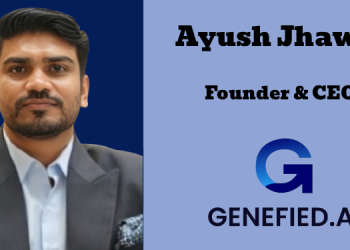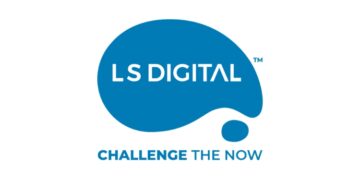Apart from the enthralling matches, the ongoing UEFA Euro 2020 had caught attention when the top footballers Cristiano Ronaldo, Paul Pogba, and Manuel Locatelli gave snub to the official sponsors of Euro 2020 by removing the sponsors’ drinks bottles at the press conferences.
It all stemmed with Cristian Ronaldo taking notice of two bottles of Coca-Cola at the press conference table — one of the official sponsors of Euro 2020. Ronaldo then moved the bottles out of the shot and replaced them with his own bottle, filled with water, declaring “agua!” (water in Portuguese). France midfielder Paul Pogba followed Ronaldo’s footsteps by removing a Heineken bottle placed on his table at a press conference. The beverage company is one of the sponsors of UEFA Euro 2020. Coca- Cola took another hit as Italy’s Manuel Locatelli followed Cristiano by keeping the Coca-Cola bottles out of the camera’s view.
As per reports, Ronaldo’s action has wiped billions of dollars off the beverage company’s value. The company’s stock price dropped from $US56.10 ($73) to $US55.22 ($71.86), which is equivalent to wiping $5.2 billion off the company’s market value, almost immediately after Ronaldo’s act.
The acts by the players might not be intended to damage the brand image of the sponsor company; instead, it is a demonstration of belief in their respective personal brand statements or personal brand values, as pointed out by Pavan Padaki, Branding Coach and Consultant.

“Cristiano Ronaldo and Paul Pogba removing display drinks of Coca Cola and Heineken at a press conference doesn’t seem to be a planned one, as many have speculated. Ronaldo displaying his disdain for aerated drinks and Pogba expressing his religious sentiments were a part of their respective brand statements, nothing to do with Coca Cola as a brand. This seems like a simple case of contradiction of brand values. Thanks to social media and the digital world, in no time, a particular perspective went viral and whipped out a good chunk of the stock market,” says Pavan.
But is it fair on the player’s part to act against the sponsors this way?
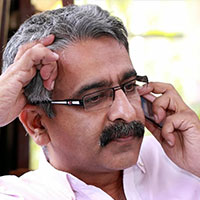
“I feel players/celebrities/artists etc. should be more responsible and respect the sponsors because of whom the sports and entertainment events become a reality. We all know ticket sales alone are not enough to run any event of that magnitude. At the same time, brands should not get overboard and encroach on the personal space of specific participants. As an example, a huge backdrop may be perfectly ok, but you should not brand a mike that is being held extremely close to the individual. Extra care is needed from products that are seen as negative for society such as Tobacco, Alcohol, Carbonated drinks, Gambling and more,” says Vipul Mathur, Founder Director – BrandAid Events Pvt Ltd and FanTam Brands Pvt Ltd.

Himanshu Arya, founder, and CEO, Grapes Digital believes that the sponsor brands can take action against these poor and defamatory acts by the players.
“There are occasions when you find the particular product doesn’t resonate with you, but removing the products in front of the public and that too on such a big platform can hamper the brand image for sure. Euro officials should inform the players in advance what sort of consequences it can have, and all the sponsors have paid exorbitant money to make this tournament happen,” adds Himanshu.
What lessons can brands learn from these about product placement at sponsored events?
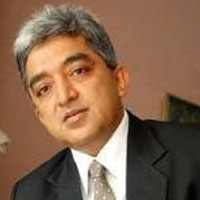
Brand Guru and Founder Harish Bijoor Consults Inc point out: “Events such as these singe and scar brands. Product placement needs to get sensitive and permission-based. The entire industry of overt visual brand placement and play needs to reinvent itself with sensitivity and player/audience sensitivity as a touchstone.”
“The bigger point is that, while the on-screen action for Coca Cola and Heineken were similar, why only Coca Cola news got flared? Why did only Coca-Cola stocks plunge and not Heineken’s?” asks Vipul.
“In my opinion, while this controversy will die down soon and the brand perception may not be hit on a long term basis, the share price will also bounce back. But the implications for this act will go far and beyond. The sponsorships will become even more difficult to come by, and even if they do come in, brands will start negotiating hard with an upper hand. The contracts will certainly get more detailed and probably penalty clauses on such acts. On the other hand, event organizers will also have tighter contracts and make them watertight for participating teams/players to meet their commitments to a sponsor,” he added.
Vipul continued, “Brands will also become more careful to associate with events that may have diametrically opposite influence. Brands will have to alter their outlook and be clear with the association’s objective, is it for visibility or driving product consumption during the event. The trouble starts when brands strongly look at visibility and do not inspect the association from the angle of relevance.”
“The marketing fraternity seems to believe that this is a clear setback for Coca-Cola, but that isn’t true. It’s a setback to the cola category as a whole. It’s time Pepsi and Coke came together, leaving their differences aside to stand up for the cola category and manage the possible landslide to save the cola category. It’s interesting to observe the trend that eventually the cola giants are going to be challenged by water as a category and not by a cola brand,” said Pavan.
Do brands need to re-look at the deliverables?
“I agree that from now all parties will look at the deliverables with a magnifying glass before committing to it. Innovation is the second nature of every marketeer. I have no doubts that we will see much smarter ideas to associate with events (sports or entertainment)/celebrities/artists/influencers etc.,” says Vipul.

According to Prashanth Mandapalli, CEO, Mobius Development Studio, the incident looks like an expression of their preferences and doesn’t seem to have anything to do with the cola brands.
“However, this situation highlights the importance of aligning sponsor brands with player ideologies.
Brands will have to innovate in terms of product placements and areas of brand association with the event and the brand ambassador,” adds Prashanth.
“Displaying brand logos or products at press events have always been the tradition, but how the person behind the mic reacts was never factored with legal consequences. With this display bottle removal episode, the sport’s sponsors will now be inking new clauses in their future contracts, thus safeguarding all brands at stake at a sponsored event,” points out Pavan.
Will these incidents have an impact on the future of sports sponsorship?
“Yes. Sports sponsorships will come up for question within the confines of corporate houses. This is a kind of social ostracism of brands at play,” says Bijoor.
Agreeing with Bijoor’s statement, Vipul says, “As mentioned earlier, raising sponsorships will become even more difficult in the future. This will greatly impact managing the scale of the events, prize monies, pricing of tickets, and so much more. At the same time, some good sense may also prevail in terms of choices at both ends.”
Himanshu is of a different opinion and believes that such events will not impact the future of sports sponsorship.
He says, “The effects on Coca- Cola will only be short term, and eventually will be dusted. However, this gives a thought to ponder whether sports organizers before the agreement should look at the relevance of the sponsors to the sport. Also, if the trend continues, brands would be a little careful about their association with such players in the future.”

